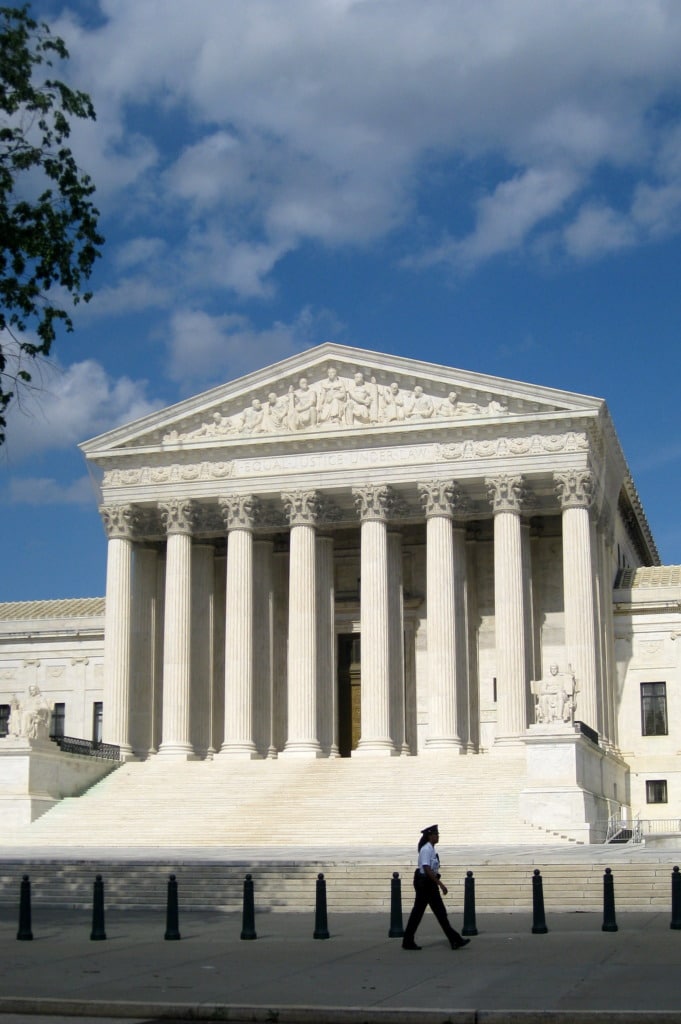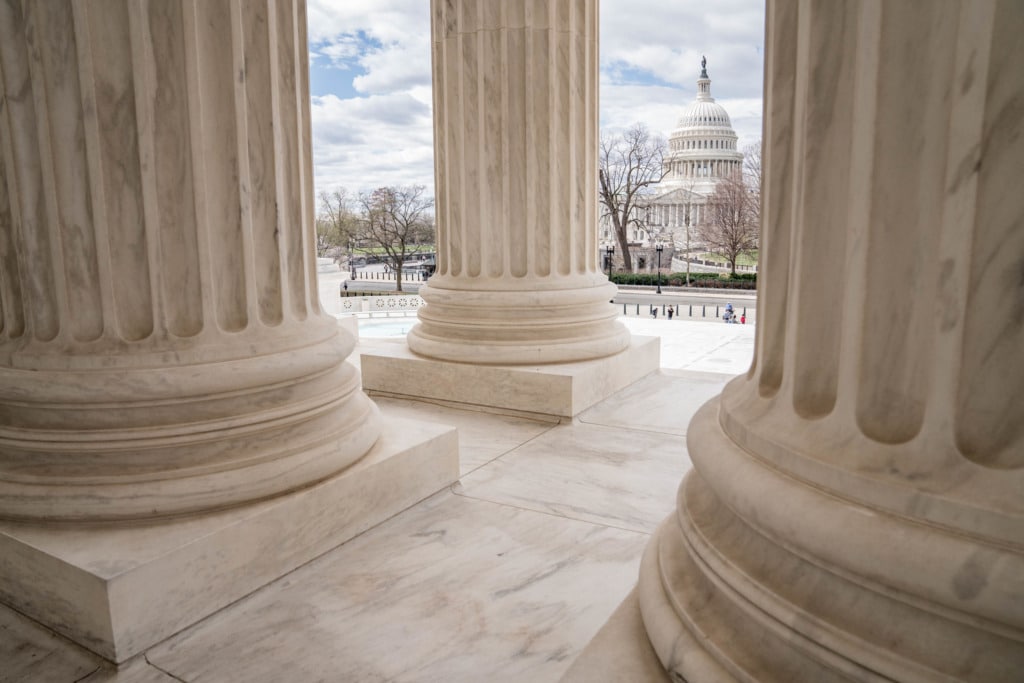Second Circuit Holds for the Government in Halkbank Remand
The U.S. Court of Appeals for the Second Circuit has issued its opinion in U.S. v. Turkiye Halk Bankasi (Halkbank) following the Supreme Court’s decision to remand the case for further consideration of common law immunity issues. The same panel of Second Circuit judges held for the government the first time it heard the case…
Continue ReadingU.S. and Foreign Litigation Relating to the Events in Gaza
High profile cases against Israel and Germany have been bought before the International Court of Justice, alleging violations of international law with respect to events in Gaza following the October 7, 2023, attacks by Hamas. The prosecutor of the International Criminal Court is seeking five warrants of arrest against Israelis and Hamas leaders for war…
Continue ReadingTransnational Litigation at the Supreme Court, October Term 2024
Today is the first day of the Supreme Court’s October Term. This post briefly discusses four transnational litigation cases in which the Court has already granted cert, as well as several others that are in the pipeline and could be decided this Term. Readers can also consult our Supreme Court page. Cases in which the…
Continue ReadingDoes the New York Convention Apply to Investor-State Awards?
On August 9, 2024, in Zhongshan Fucheng Industrial Investment Co. v. Federal Republic of Nigeria, the D.C. Circuit held that Nigeria was not immune from suit to enforce an arbitral award for a Chinese investor under a bilateral investment treaty. The U.S. Foreign Sovereign Immunities Act (FSIA) has an exception to state immunity for actions…
Continue ReadingThe Burden of Proving Foreign Sovereign Immunity
The Supreme Court has granted cert in Republic of Hungary v. Simon and will soon hear oral argument, likely in December. The principal question is how to interpret “property exchanged for such property” under the Foreign Sovereign Immunities Act’s (FSIA) expropriation exception, 28 U.S.C. § 1605(a)(3). But the three issues before the Court also include…
Continue ReadingChoice of Law in Terrorism Cases Redux
On September 16, 2024, the U.S. District Court for the District of Columbia (Senior Judge Richard J. Leon) decided Messina v. Syrian Arab Republic. This case is the latest in a long series brought by victims of state-sponsored terrorism in the District of Columbia. In a pair of prior posts, I argued that the courts’…
Continue ReadingD.C. Circuit Remands Helms-Burton Case Against Cimex
Exxon (then Standard Oil) owned several subsidiaries in Cuba that were expropriated without compensation by the Cuban government in 1960. In 1996, Congress enacted the Cuban Liberty and Democratic Solidarity Act (CLDS), which permits suits by U.S. plaintiffs against those who traffic in property confiscated by the Cuban government. Exxon has sued Cuban state-owned companies…
Continue ReadingGovernor Newsom Signs Holocaust Art Bill
Yesterday, California Governor Gavin Newsom signed AB 2867 into law. The bill provides that California law applies in suits brought by a California resident involving the theft of art or other personal property during the Holocaust or other political persecutions. Assemblymember Jesse Gabriel introduced AB 2867 in response to the Ninth Circuit’s decision earlier this…
Continue ReadingD.C. Circuit Limits Jurisdiction over Foreign States in Breach of Contract Claims
Circuit courts have split on the issue of what is required for a breach of contract to have a “direct effect” in the United States for the purposes of the Foreign Sovereign Immunity Act (FSIA) (a primer on foreign sovereign immunity is available here). Rulings in the Seventh and Eleventh Circuits impose a “place of…
Continue ReadingSupreme Court Grants Cert in Holocaust Expropriation Case
The Supreme Court granted cert this morning in Republic of Hungary v. Simon to consider further questions under the expropriation exception of the Foreign Sovereign Immunities Act. In Republic of Germany v. Philipp(2021), the Supreme Court held that the expropriation exception does not apply to a government’s taking of the property of its own nationals….
Continue Reading







